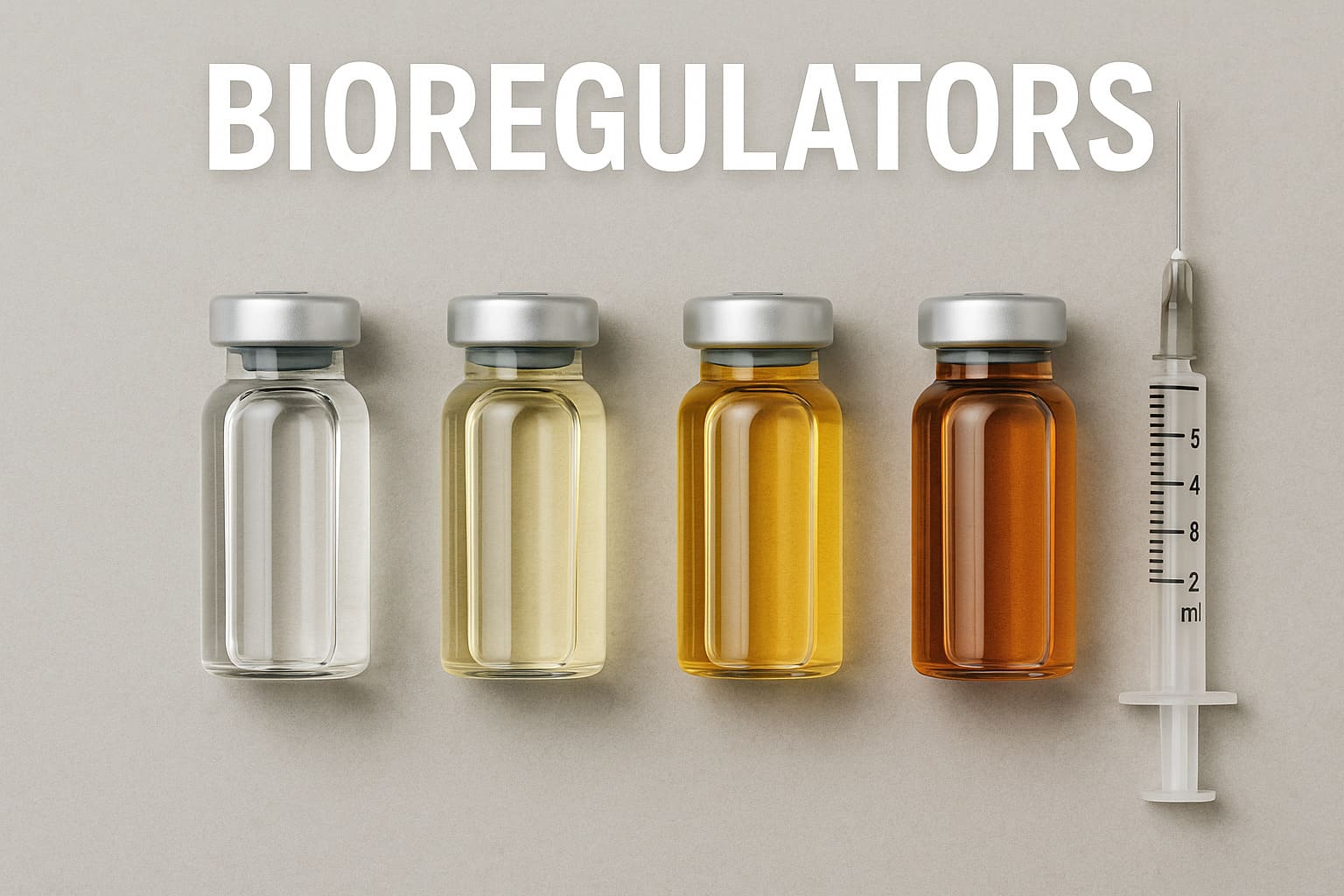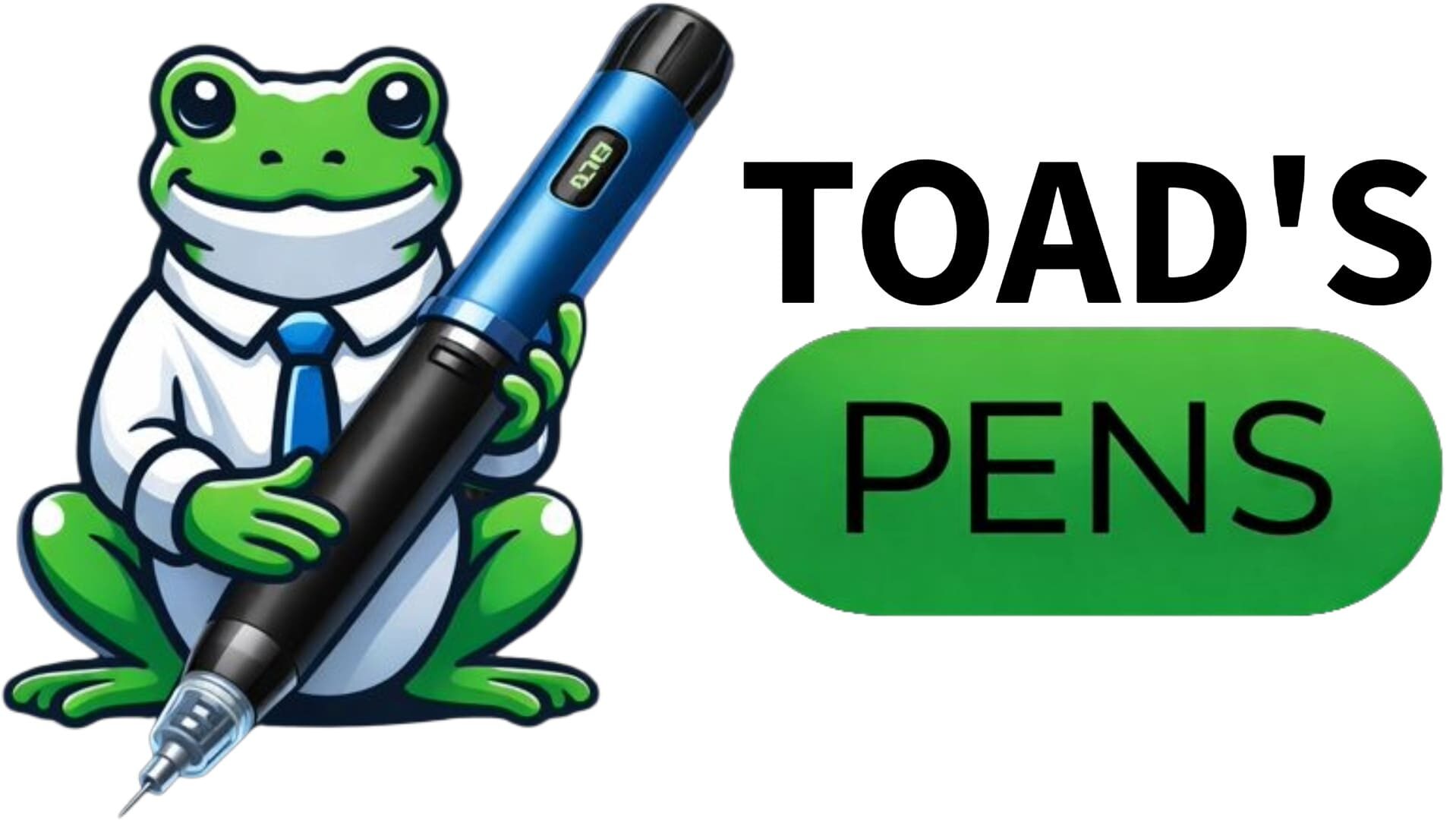
The Science Behind Longevity & Anti-Aging
Introduction
In the quest for longevity and optimal health, scientists have explored various ways to slow aging and enhance cellular function. One fascinating discovery comes from Russian bioregulators — peptide-based compounds designed to restore and optimize organ function at the cellular level. Originally developed for Soviet military and space programs, these peptides are now gaining global attention for their potential in anti-aging, tissue repair, and overall vitality.
But what exactly are Russian bioregulators, and how do they work? Let’s dive into the science, benefits, and applications of these cutting-edge compounds.
What Are Russian Bioregulators?
Russian bioregulators are short-chain peptides (proteins) extracted from animal tissues or synthesized in labs. They were first developed in the 1980s by researchers at the Saint Petersburg Institute of Bioregulation and Gerontology, led by Professor Vladimir Khavinson.
These peptides work by signaling cells to restore normal function, particularly in aging or damaged tissues. Unlike hormones or drugs, they don’t force a reaction—instead, they provide the body with the necessary “instructions” to repair itself naturally.
Key Features:
- Organ-Specific: Each peptide targets a specific tissue (e.g., thymus, pineal gland, cartilage).
- Non-Toxic & Safe: Naturally occurring in the body, with minimal side effects.
- Clinically Tested: Extensively studied in Russia for over 40 years.
How Do Russian Peptides Work?
As we age, our cells lose their ability to communicate efficiently, leading to organ decline, weakened immunity, and slower recovery. Russian bioregulators work by:
- Activating DNA Repair – They help cells read genetic information more accurately, slowing degenerative processes.
- Enhancing Protein Synthesis – They promote tissue regeneration in organs, skin, and joints.
- Balancing Immune Function – Some peptides (like Epithalon) regulate the thymus, improving immune response.
- Extending Cellular Lifespan – Certain peptides (like Thymalin) have been shown to increase lifespan in animal studies.
Popular Russian Bioregulators & Their Benefits
Here are some of the most well-researched Russian peptides and their applications:
1. Epithalon (Epitalon)
Source: Synthetic version of the pineal gland’s Epithalamin.
Benefits:
- Extends telomeres (protective DNA caps), slowing aging.
- Regulates circadian rhythm, improving sleep.
- May increase lifespan (shown in animal studies).
2. Thymalin (Thymogen)
Source: Derived from the thymus gland.
Benefits:
- Boosts immune function (great for post-illness recovery).
- Reduces inflammation.
- Supports anti-aging by rejuvenating the thymus.
3. Cerluten (Cortexin)
Source: Brain-derived peptides.
Benefits:
- Enhances memory & cognitive function.
- Protects neurons from degeneration.
- Used in stroke recovery & Alzheimer’s research.
4. Sigumir (Cartilage Peptides)
Source: Cartilage tissue.
Benefits:
- Repairs joints & connective tissue.
- Helps with osteoarthritis & injuries.
5. Vladonix (Spleen Peptides)
Source: Spleen extracts.
Benefits:
- Supports detoxification & blood health.
- Enhances immune defense against infections.
How to Use Russian Peptides?
Forms: Injections, oral capsules, sublingual tablets.
Dosing: Typically 5-10mg daily for 10-20 days, repeated 2-3x per year.
Best for:
- Anti-aging & longevity
- Post-injury recovery
- Cognitive & immune support
Are Russian Peptides Safe?
Russian bioregulators have been used for decades in clinical settings, with studies showing low toxicity and high efficacy. However, they should be used under guidance, especially in injectable form.
Final Thoughts
Russian bioregulators represent a revolutionary approach to aging and cellular health. By harnessing the body’s natural repair mechanisms, these peptides offer a scientifically backed way to enhance longevity, immunity, and tissue regeneration.
Would you like a personalized peptide protocol based on your health goals? Let us know in the comments!
—
References:
- Khavinson V. (2002). Peptides and Ageing.
- Saint Petersburg Institute of Bioregulation and Gerontology.
- Clinical studies on Epithalon & Thymalin.
